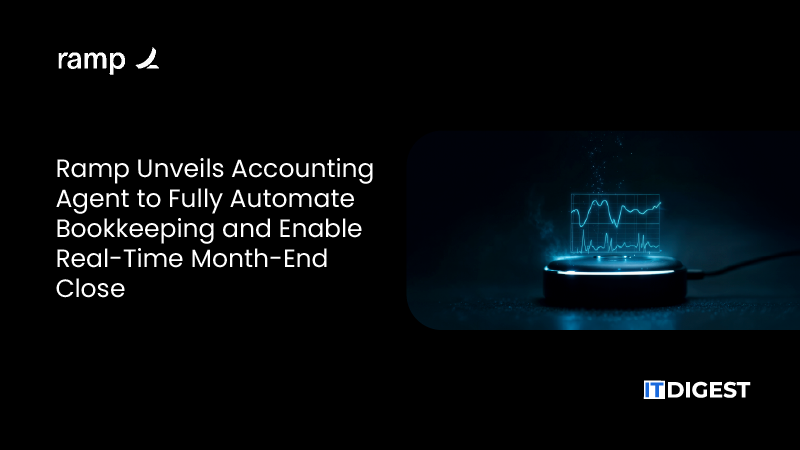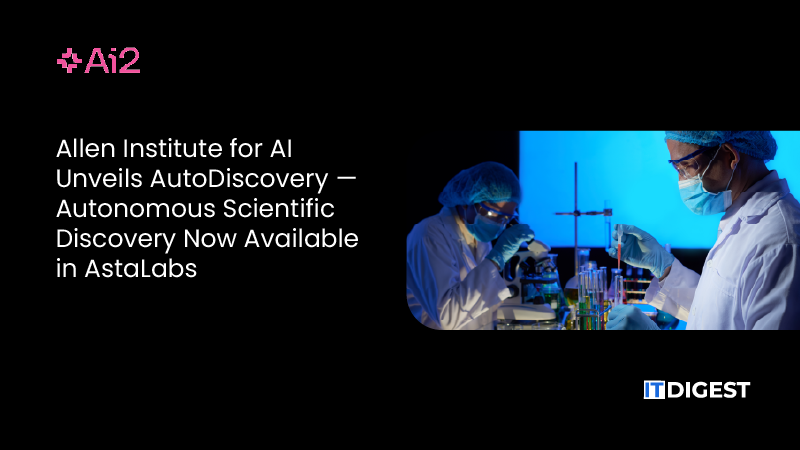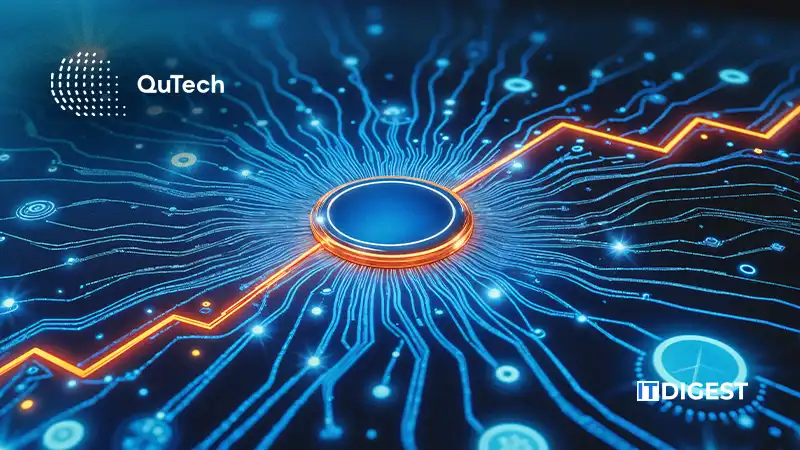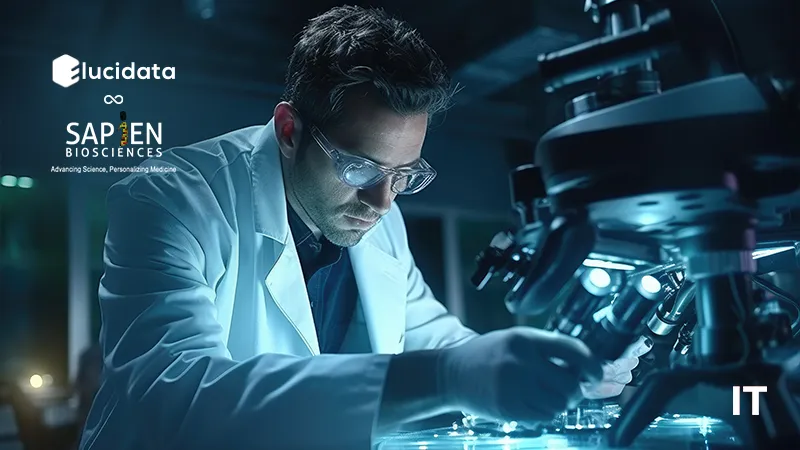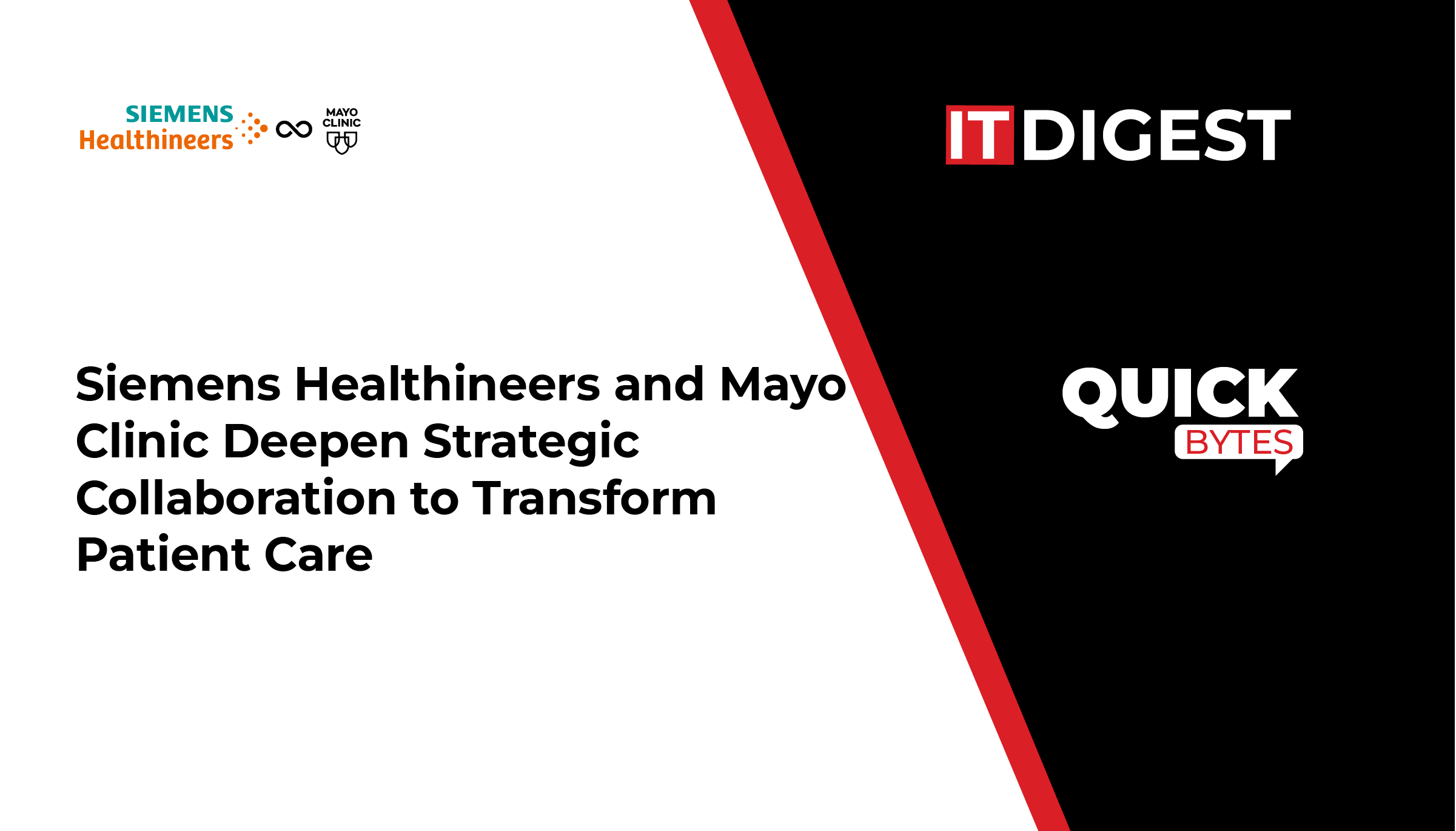This collaboration aims to maximize the value of biobank data through AI-assisted harmonization, leading to precise patient outcomes at scale and lowering the cost of drug discovery.
Elucidata, a leader in data-centric AI for drug discovery and translational research, and Sapien Biosciences, India’s first and largest commercial biobank with 300,000+ patient samples founded in partnership with Apollo Hospitals, announced a strategic partnership to convert Sapien’s extensive biobank assets into AI-ready, multimodal data products for use in drug and diagnostic development.
Through this collaboration, Sapien will harness Elucidata’s platform to integrate, standardize, and enrich its vast repository of biospecimens and curated clinical data, making them accessible for predictive modeling, synthetic data generation, and advanced genomics research. The partnership reflects a shared focus on turning real-world patient data into high-value actionable insights that drive precision medicine and improve outcomes worldwide.
With access to over 300,000 patient samples across oncology, cardiology, autoimmune, inflammation, neurology, and other diseases, Sapien operates at a scale matched by few biobanks worldwide. This includes more than 85,000 cancer patients, increasingly paired with digitized histopathology images, genomic profiles, and structured longitudinal clinical data, making it one of the top 10 biobanks globally and the largest integrated resource for Asian patient data.
Also Read: Aizon & Sequence Partner to Transform Biopharma Manufacturing with AI
“At Sapien, we believe that deeply characterized patient data especially from underrepresented populations like those in India can catalyze more inclusive and effective diagnostics and therapies worldwide,” said Dr. Jugnu Jain, CEO and Co-founder of Sapien Biosciences. “This partnership with Elucidata enables us to convert our rich biological and clinical datasets into interoperable, AI-ready formats, unlocking their potential for translational research, patient stratification, and precision drug development.”
The first phase of the collaboration will focus on building AI models that infer genomic and transcriptomic insights from digital pathology images. By using NGS-annotated slides from Sapien’s cancer biobank, the project will enable the generation of synthetic multi-modal datasets essential for next-generation diagnostic tools and tissue-sparing research strategies. This is particularly valuable for rare cancers and limited biopsy specimens.
“Sapien’s scale, sample quality, and data depth make it a critical partner in our mission to democratize access to high quality, AI-ready biomedical data,” said Dr. Abhishek Jha, CEO and Co-founder of Elucidata. “By applying our Polly platform to Sapien’s datasets, we can bridge the gap between fragmented sample collections and next-gen AI models that accelerate target discovery and biomarker validation.”
In addition to oncology, the partnership will explore multi-disease use cases across Sapien’s biobank, including cardiovascular, autoimmune, and neurological disorders, building synthetic clinicogenomic datasets that support pharma R&D and companion diagnostic development.
Source: Businesswire








